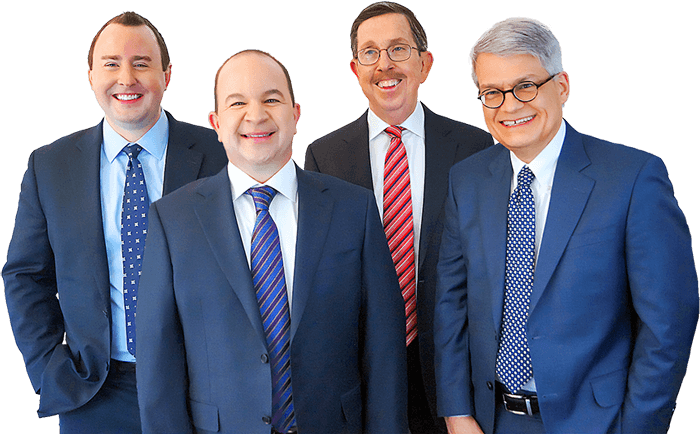Were You Injured in a Workplace Accident?
When a worker is hurt in the course of employment, the person is entitled to make a claim under workers’ compensation laws. The workers’ compensation attorneys at Tremont Sheldon P.C. have a long history of fighting for the rights of workers and of maximizing the recoveries for their injuries from all available sources. Our firm has been recognized as a leader in workers’ compensation throughout the state of Connecticut.
Workers’ Compensation Benefits May Be Available
Most employers are required to provide workers’ compensation coverage. The injured worker is able to make a claim for payment of medical expenses and can also receive partial payment for lost time from work. The coverage provides for both temporary and permanent disability benefits. For most workplace accidents, workers’ compensation insurance provides the sole means of recovery. However, when the accident is caused by the fault of someone other than the employer or a fellow employee, the injured worker may have a right to sue in court.
If you are a uniformed member of a paid municipal fire department or a regular member of a paid municipal police department who was hired before July 1, 1996, you may qualify for benefits under Connecticut’s Heart & Hypertension Act (C.G.S. Sec. 7-433c). Please refer to the information under workplace injuries common questions with regard to the Heart & Hypertension Act.
PTSD Benefits for Certain First Responders
A new law in Connecticut, which became effective on July 1, 2019, allows police officers, firefighters and parole officers to apply for certain workers’ compensation benefits if they are diagnosed with post-traumatic stress disorder after witnessing a distressing event in the line of duty.
Previously, such first responders were permitted to file a workers’ compensation claim for a mental health injury only when it was accompanied by a physical injury. The new law expands that coverage to such employees who have experienced one of the following: witnessing the death of a person; witnessing an injury that causes the death of a person shortly thereafter; treating an injured person who dies shortly thereafter; carrying an injured person who dies shortly thereafter; viewing a deceased minor; and witnessing an incident that causes a person to lose a body part, to suffer a loss of function or that results in permanent disfigurement. This legislation also mandates a study of possible further expansion of such benefits to include other emergency medical responders.
Attorneys Robert Sheldon and Frank Bailey handle workers’ compensation issues on behalf of our clients. Both attorneys are recognized by The Best Lawyers in America in Workers’ Compensation Law – Claimants.
Learn More About Your Rights
It’s important that you get help after your injury at work. Please contact the workers’ compensation lawyers at Tremont Sheldon P.C. to evaluate your case. We’ll help you determine if it’s in your best interest to sue your employer for your injury and guide you through what to expect with your injury lawsuit in Connecticut. Call 203-212-9075 or contact us online to get started.

